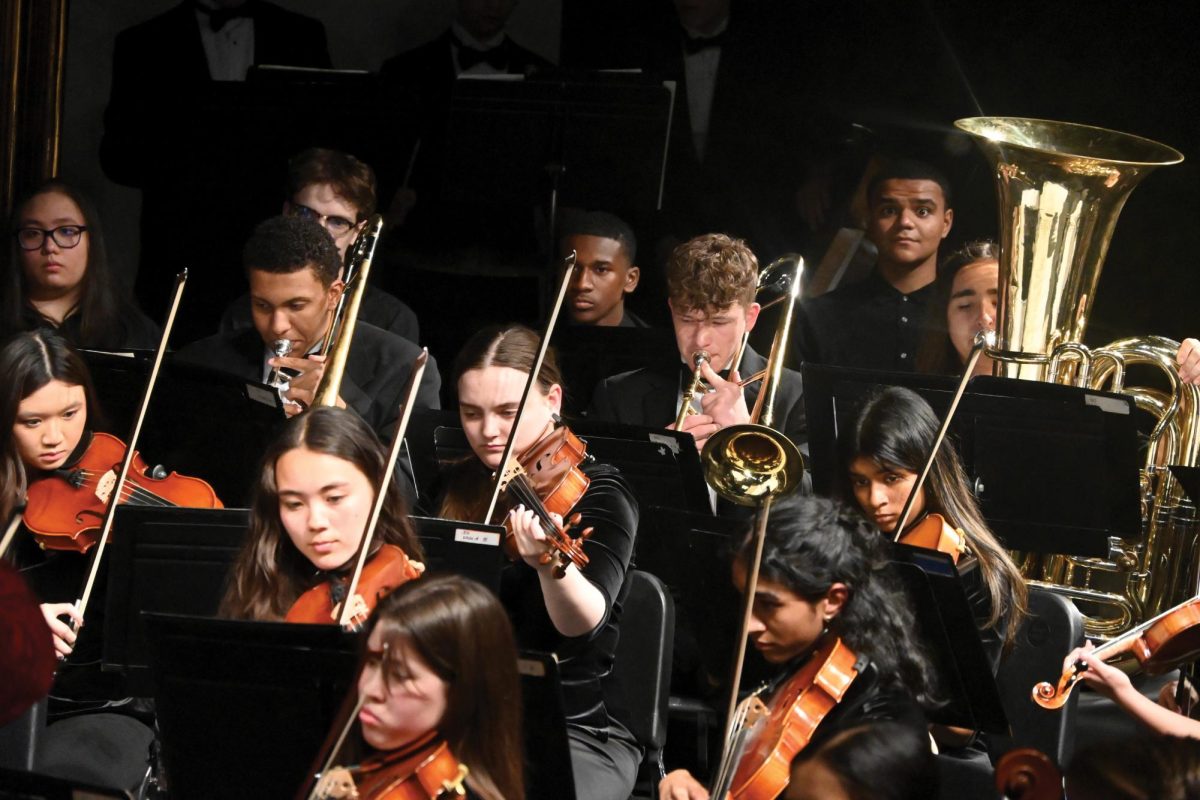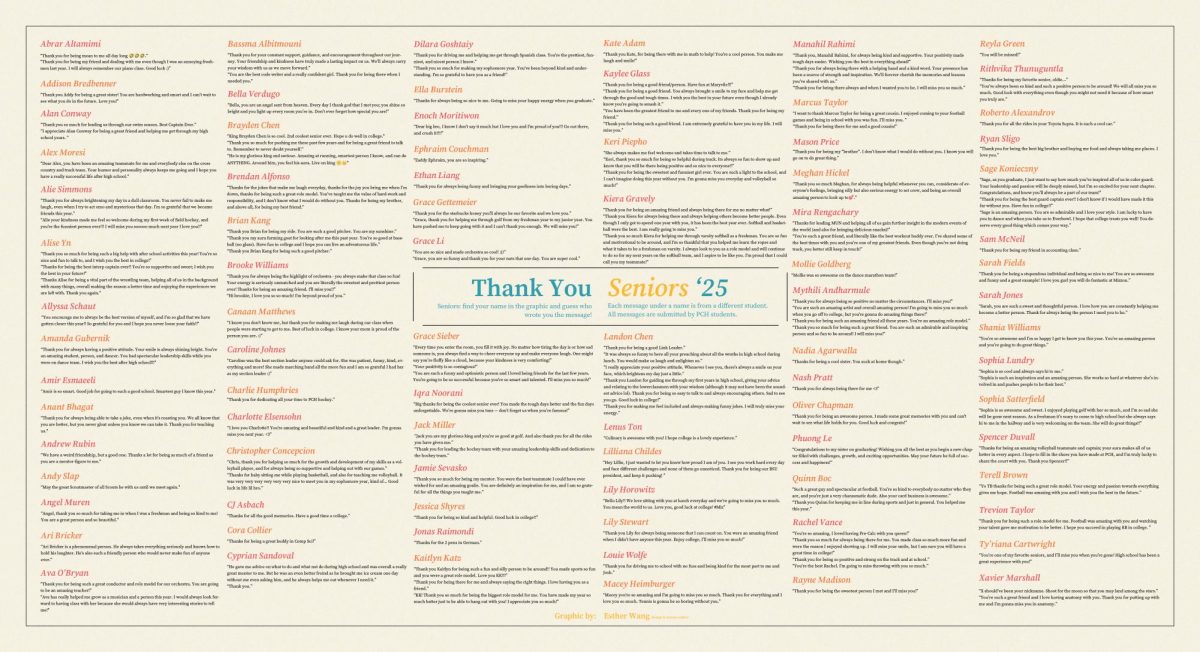AP students all over the world continue to struggle, some more than others, on taking these challenging classes. Evidently APs can either help or hurt a student, they can either be a GPA boost or bullet.
Some students are just now beginning to take their first APs, such as sophomores, Amanda Arst and Sierra Voudrie. Voudrie expresses her original struggle with her AP class, AP World.
“AP World is my first AP class and I’m just getting a feel for how APs work, at first I thought it was a challenge because of the excessive workload, but eventually it got much easier as I got used to it,” Voudrie said.
On the other hand, there are the students that have been taking AP classes throughout their highschool career, such as seniors Kaitlyn King and Ajay Eisenberg. Eisenberg has taken a total of 13 AP classes in all subjects throughout his high school career, not including the honors classes he has taken in addition to APs, so he has a pretty great feel for how they work for him.
“First of all, honors classes prepare you for AP classes, so throughout each subject it remains mostly the same group of people,” Eisenberg said. “Maybe a couple of people drop out over the years, but usually, honors prepare you very well for any AP class of a similar subject.”
King, who was awarded the Post-Dispatch Scholar Athlete Award, has also been through many APs throughout high school, and in her last year now knows what to expect moving forward.
“For a normal class, you are learning based on what your teacher expects from you, yet with an AP class, you have to juggle what your teacher expects, and what the College Board expects,” King said.
When first picking what AP classes fit, History teacher, John Meyer, explains the difficulty of finding what works best for you. He entails the importance of knowing what subjects you are strongest in and applying your strengths to AP.
“I think every student walks into every class with their own past of classes taken, teachers who believed in them, teachers who didn’t believe in them. So many aspects go into choosing your strongest subject,” Meyer said. “The students’ own feelings of stress or failure or accomplishment go into what classes they think are hard. Every student is different and no one can decide what classes are best for you but yourself.”
Beginners of AP, such as sophomore Amanda Arst, all go through similar stages when picking their APs. But all in all, APs are what is supposed to prepare you for college, and this is what Arst explains when she first picked her APs.
“My thought process when first signing up for an AP class was thinking about how a past honors class was and really wanting to take the next step into something I know I could use in college,” Arst said. “If I struggled in that honors class and wasn’t ready for the next step, then APs were going to be very challenging for me.”
Although the meaning of AP classes is to take that credit into college, many students, such as junior Keri Piepho, don’t just take APs for the college credit. Piepho details her point of view for AP classes and college credit.
“Even if I don’t get a high enough score on the AP exam to transfer to college, I will still be glad I took it to give me a solid base understanding of the material in that class, which will make me more successful come time for me to take the class in college,” Piepho said.
When comparing AP students to regular students, teachers find there is a slight difference in the way the kids learn, but also the amount the kids apply themselves. Math teacher Tom Schaefer explains his opinion of the line between AP students and regular students.
“I definitely have students in my other classes that work hard, but not all of them. Those students who do not put in the work would not find success in most AP classes,” Schaefer said.
Not only is there a difference in the students, but the students who take both regular and AP classes see a big difference in the teaching style. King talks about the change she sees in her regular classes versus her AP classes teaching style.
“The teachers in AP expect a lot more out of you and hold you to much higher standards. And even the fact that you’re in an AP class makes it feel harder than if you’re in a regular class,” King said.
All in all, these students wouldn’t disregard their AP classes and how much they have learned from them. Not only do AP classes prepare you for college, they provide actual credit that you could use in college.
“I do not regret taking a single AP class, I feel as if I’ve learned so much in these classes that I can use in everyday life, and especially in college,” Eisenberg said.







